Fidelity Bank Named “Nigeria’s Best Private Bank” At Euromoney Awards
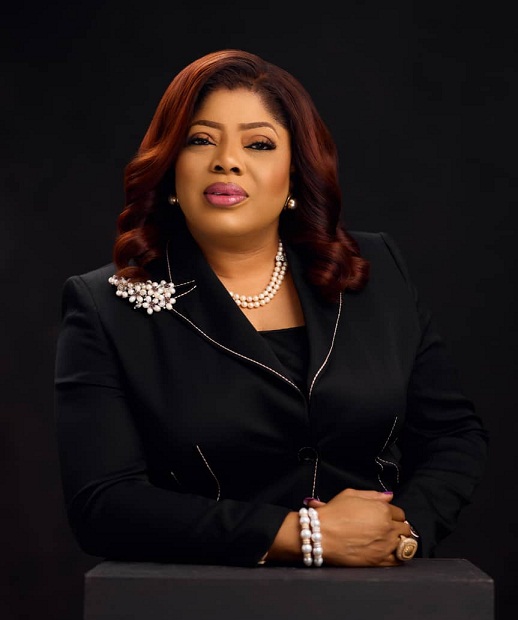



Shell Nigeria Exploration and Production Company (SNEPCo) has been named Major Oil Company of the Year for last year by a Nigerian publication, Energy Times in recognition of its contributions to deep-water oil and gas development and the industry generally. Energy Times also awarded the title of Amazon of Nigeria’s Oil Sector for 2024 to Mrs. Elohor Aiboni, a former Managing Director of SNEPCo now on international assignment in Brunei.
The awards were presented to SNEPCo’s Senior Operations Manager, Bolanle Odunayo-Ojo, who represented the Managing Director, Ronald Adams at a ceremony attended by key stakeholders in the oil and gas sector. “We are honored to receive the recognitions for the company and our former Managing Director as they underscore our dedication to excellence in the upstream sector,” Bolanle stated. “The modest achievements are result from teamwork and support by our partners, particularly the Nigerian National Petroleum Company Limited and regulatory agencies. The awards encourage us to continue to work together to power progress and innovation in Nigeria’s energy landscape.”
SNEPCo has been a pioneer in Nigeria’s deep-water oil and gas production since it began production from Bonga in 2005, Nigeria’s first deep-water well. Gas from Bonga is also piped to Nigeria Liquefied Natural Gas Company Limited at Bonny Island. SNEPCo’s operations have led to significant discoveries, including Bonga Southwest in 2001 and Bonga Northwest, which began production on August 5, 2014.
In its award, the Board of Directors of Energy Times pointed to the continuing success of Bonga, notably production of the 1 billionth barrel of oil in February 2023 and the recent Final Investment Decision on the $5 billion Bonga North project.
The award on Mrs. Aiboni’s highlights a career that has seen her serve in various business and leadership roles within and outside Nigeria. She was appointed Managing Director of SNEPCo in 2021 and led initiatives that deepened operational efficiency, local content development and social investment projects across the six geopolitical zones in the country.

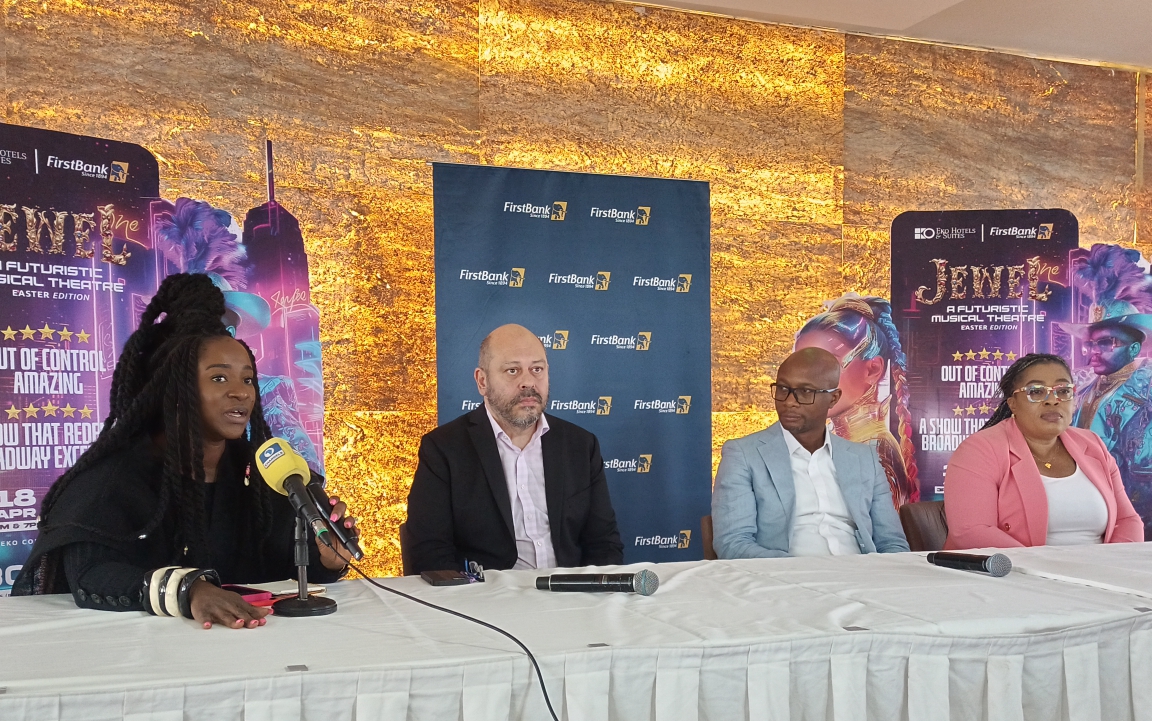
FirstBank, the premier bank in West Africa and a leading financial inclusion service provider, has partnered with Eko Hotel to dazzle theatre enthusiasts this Easter weekend. The Eko Hotel’s Convention Center is set to be transformed into a futuristic Broadway spectacle with the highly anticipated premiere of “The Jewel”—a groundbreaking musical theatre production that redefines the stage experience.
The highly anticipated show, inspired by Nobel laureate Wole Soyinka’s “The Lion and the Jewel” and Ola Rotimi’s “Our Husband Has Gone Mad Again,” promises to deliver a mesmerizing blend of traditional Nigerian literary classics reimagined through innovative staging and contemporary musical arrangements. “The Jewel” will take the stage for two days – April 18th and 19th—at the Eko Hotel Convention Center.
Theatre critics have already labeled the production as “jaw-dropping” and a genuine attempt to redefine Broadway excellence on African soil. Audiences can expect to be immersed in a world of wonder through cutting-edge production design, choreography, and musical direction.
FirstBank has a rich legacy of supporting the arts and championing cultural development in Nigeria. Through its First@arts initiative, the Bank has played a pivotal role in promoting artistic expression by providing platforms for creatives to showcase their talents and connect with wider audiences, including potential patrons.
Eko Hotel, known for its vibrant cultural support, has consistently championed theatre and the performing arts. Over the years, it has served as a premier venue for numerous acclaimed productions, including performances by some of Nigeria’s most respected theatre companies.
In her excitement, the Director, Sales and Marketing, Eko Hotel and Suites, Dr. Iyadunni Gbadebo, said “Africa shouldn’t seek permission to innovate; we can reimagine global standards in performing arts through our unique cultural lens and a powerful story telling technique.
Theatre is not only a transformative art form; it is a potent economic engine waiting to be fully explored in Nigeria.
Eko hotels and Suites will continue to invent and re-invent, giving our current and prospective audiences more reasons to enjoy art in a different form. More reasons to choose us.
The Jewel – this amazing piece of theatre art will leave you sold on our shows, even for future dates. It is a must watch!
As major sponsors, FirstBank and Eko Hotels are set to thrill families with this exceptional theatrical experience this Easter holiday.
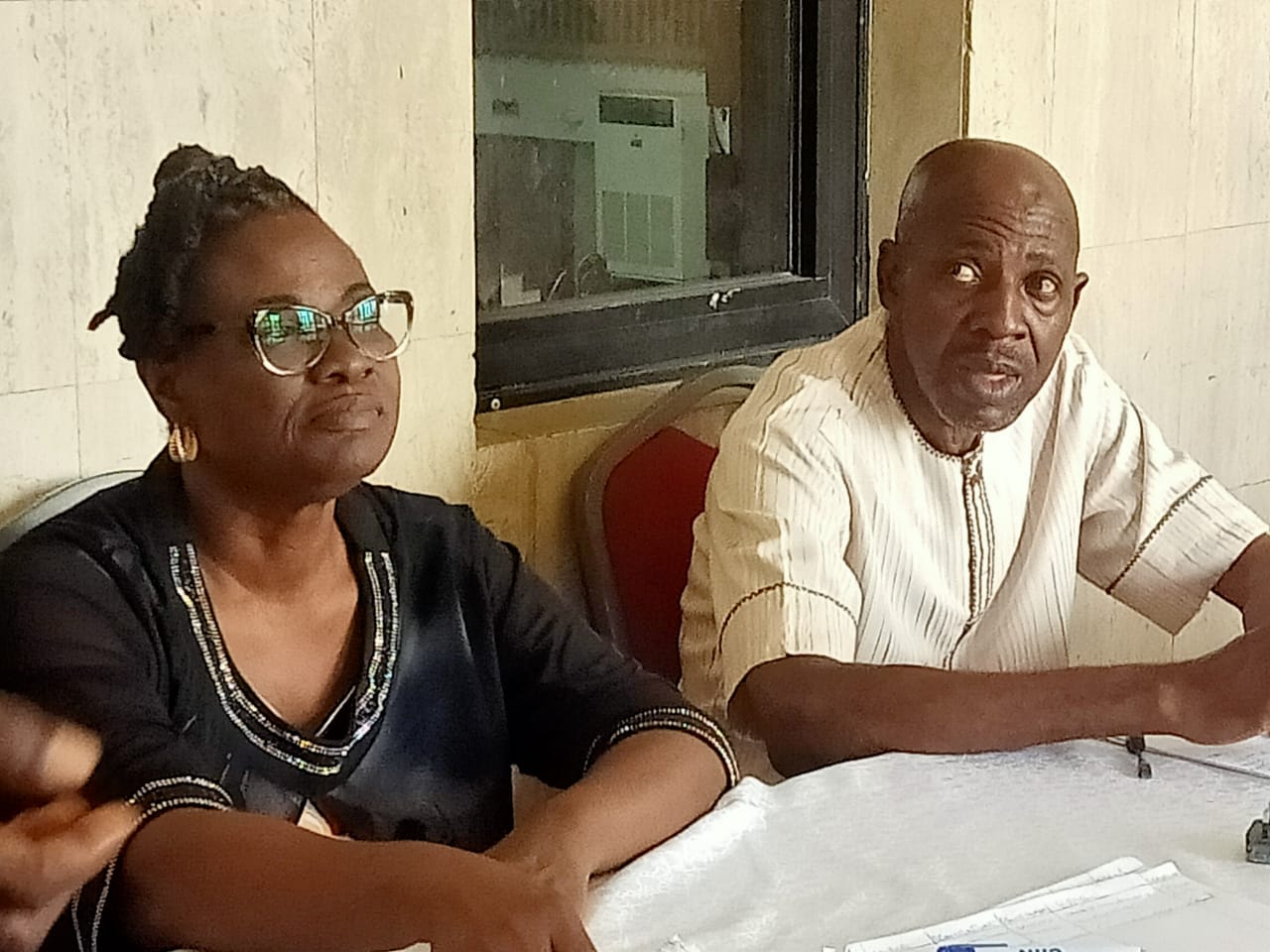
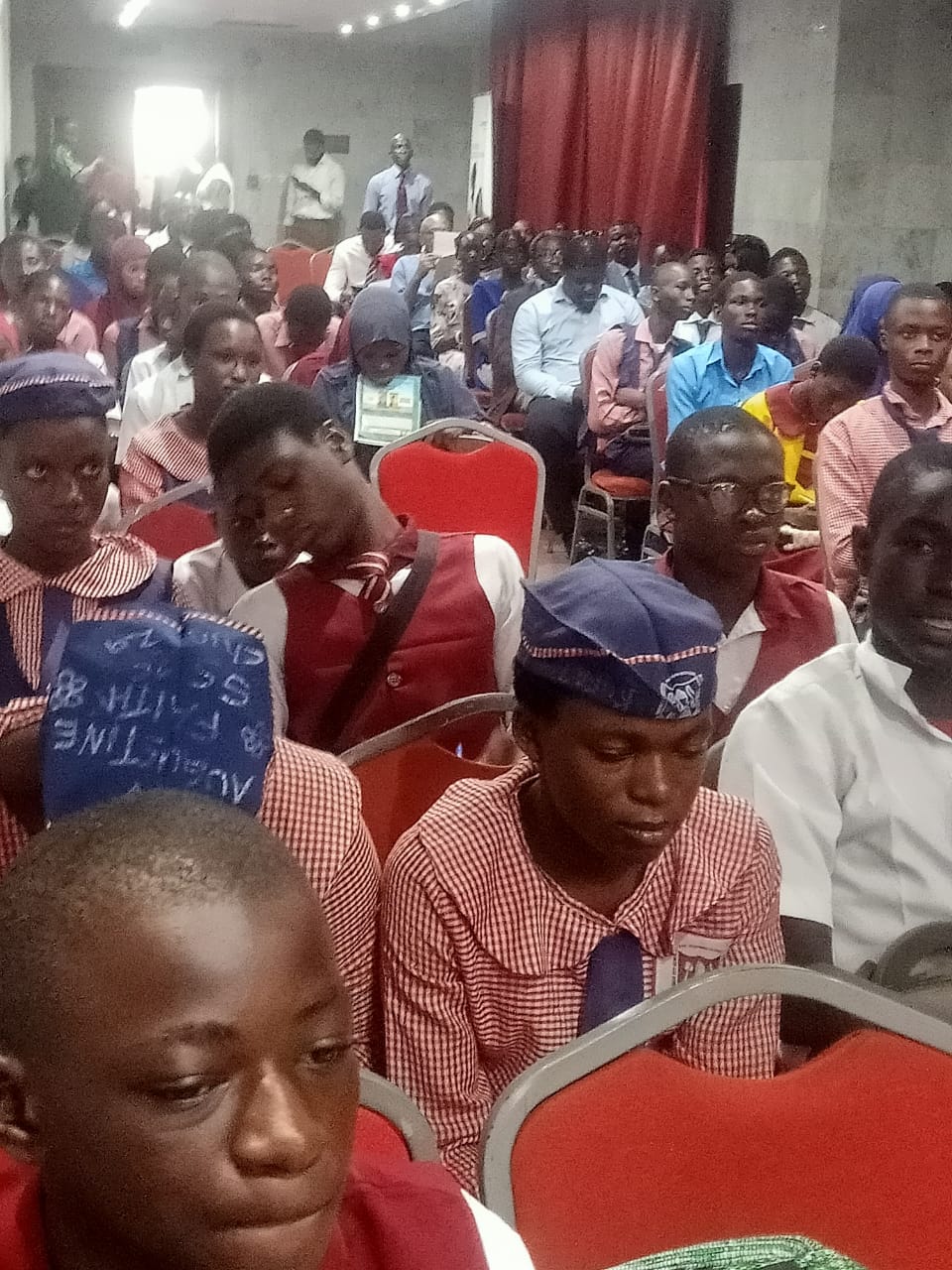
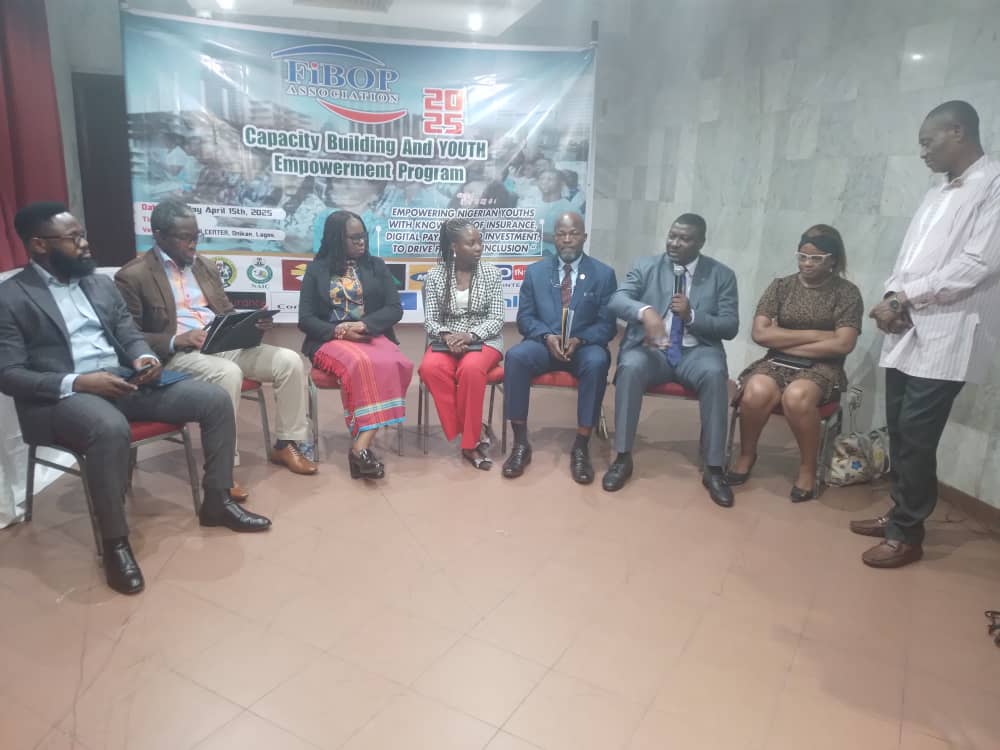
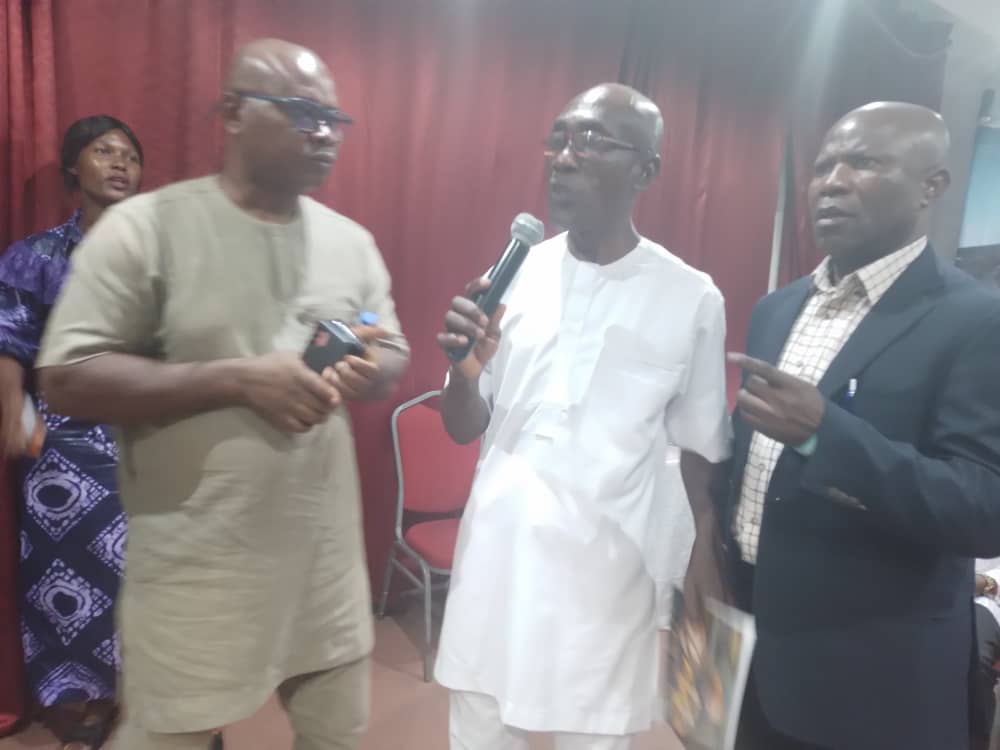
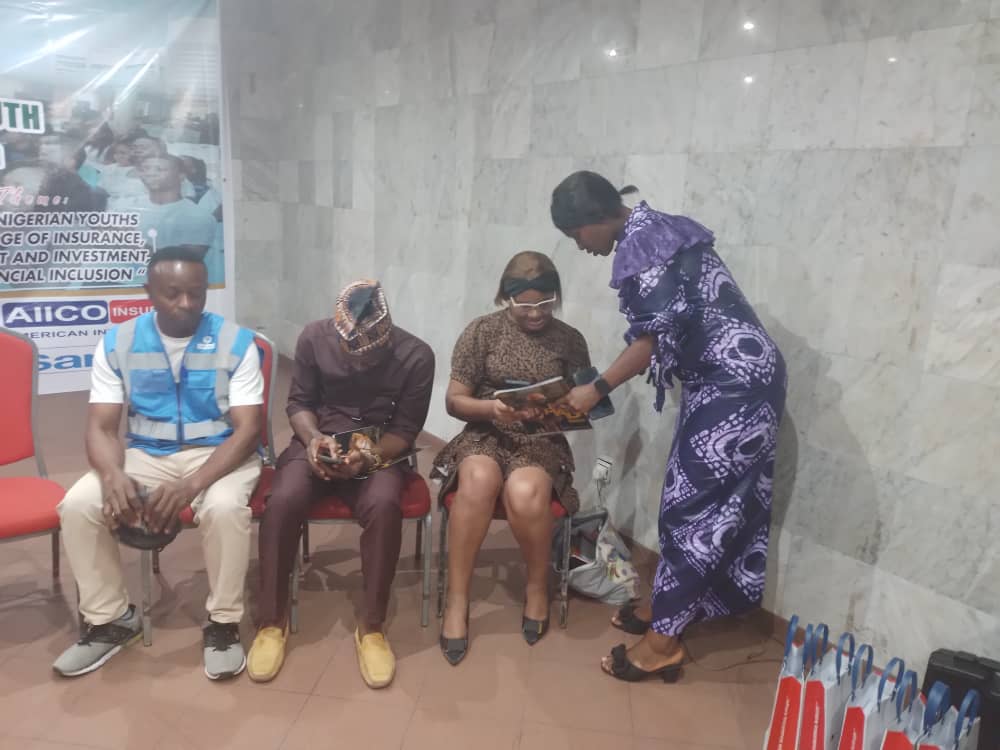

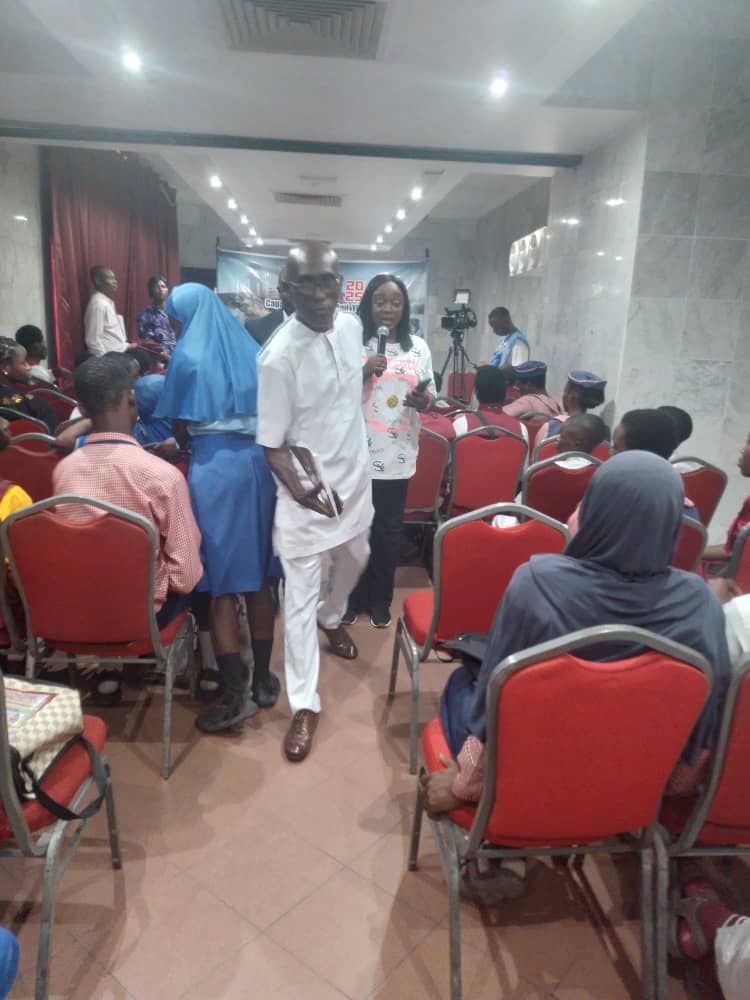
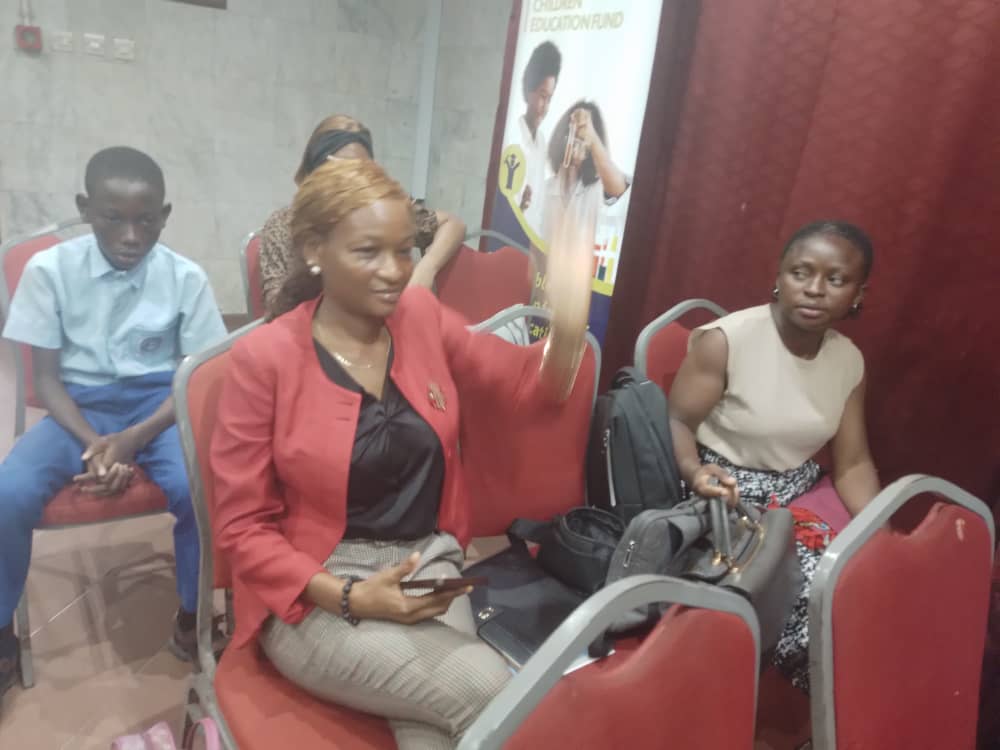
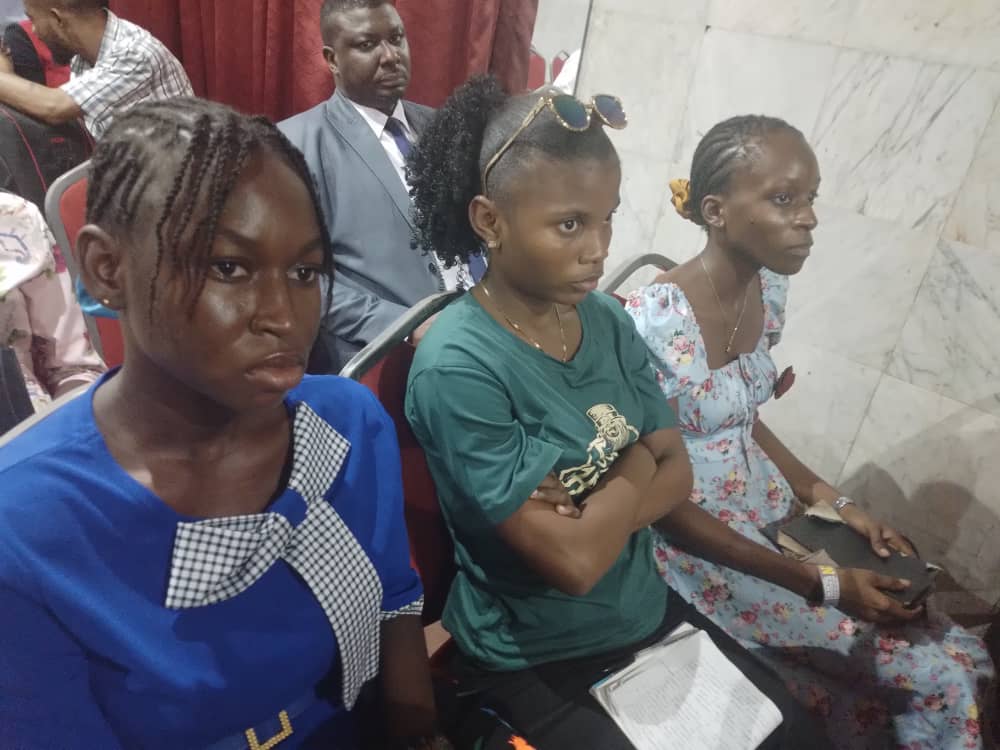
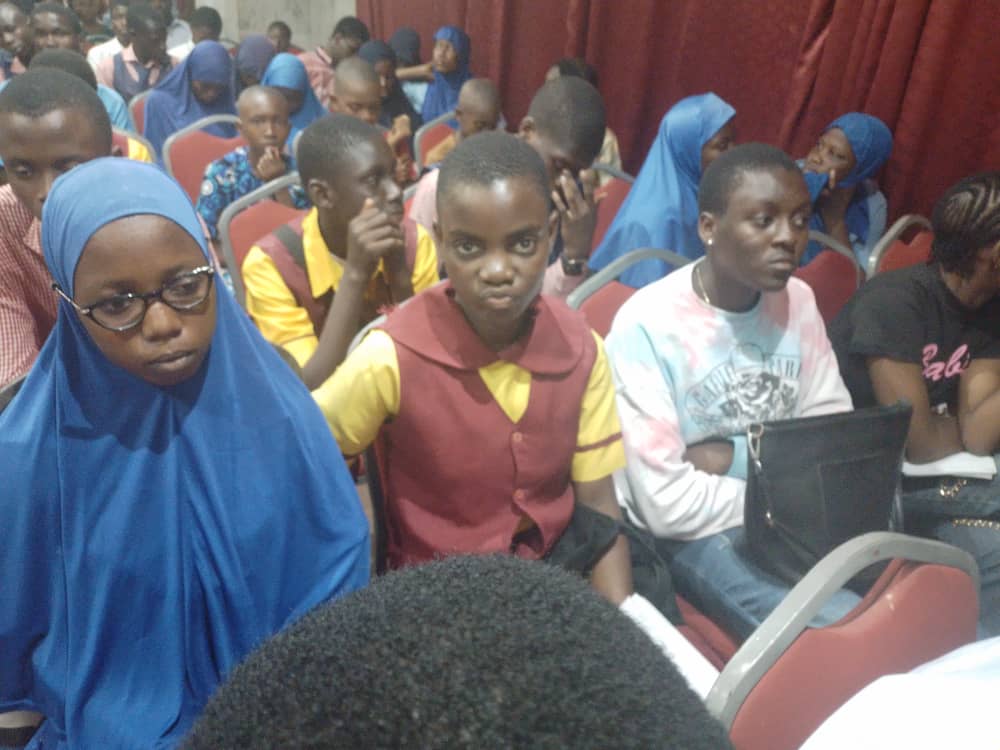
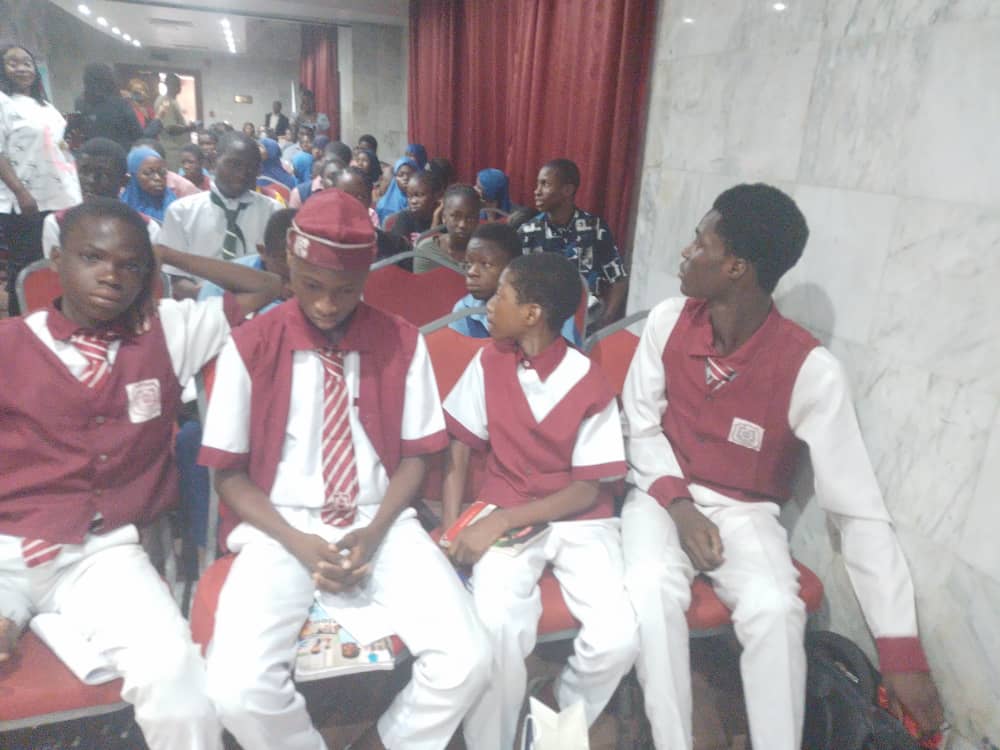
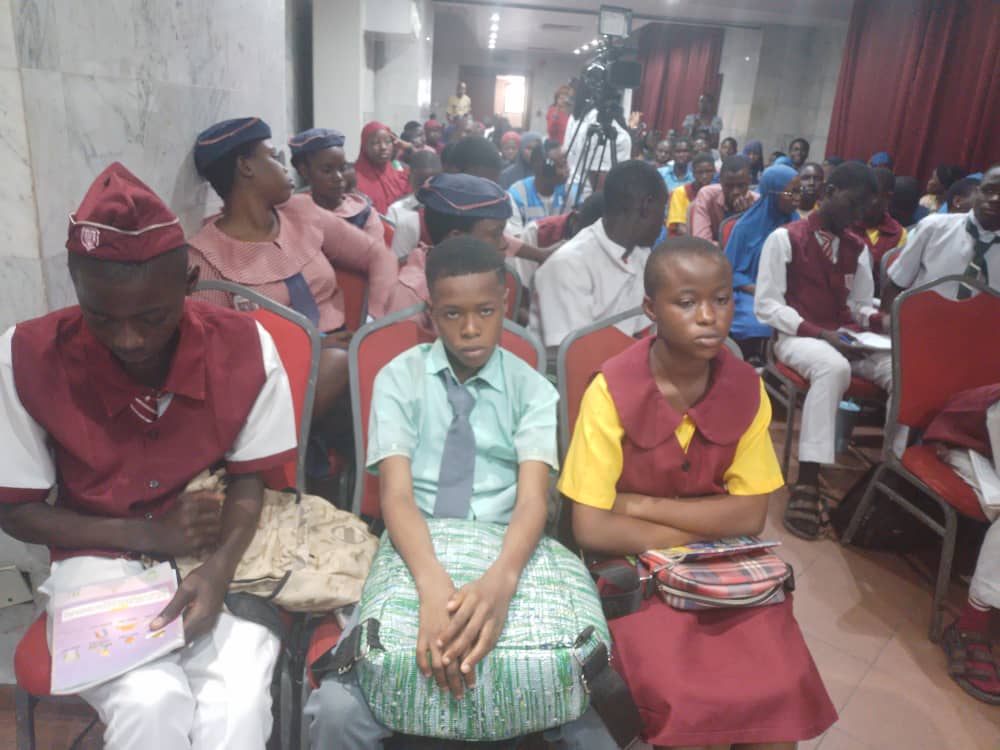
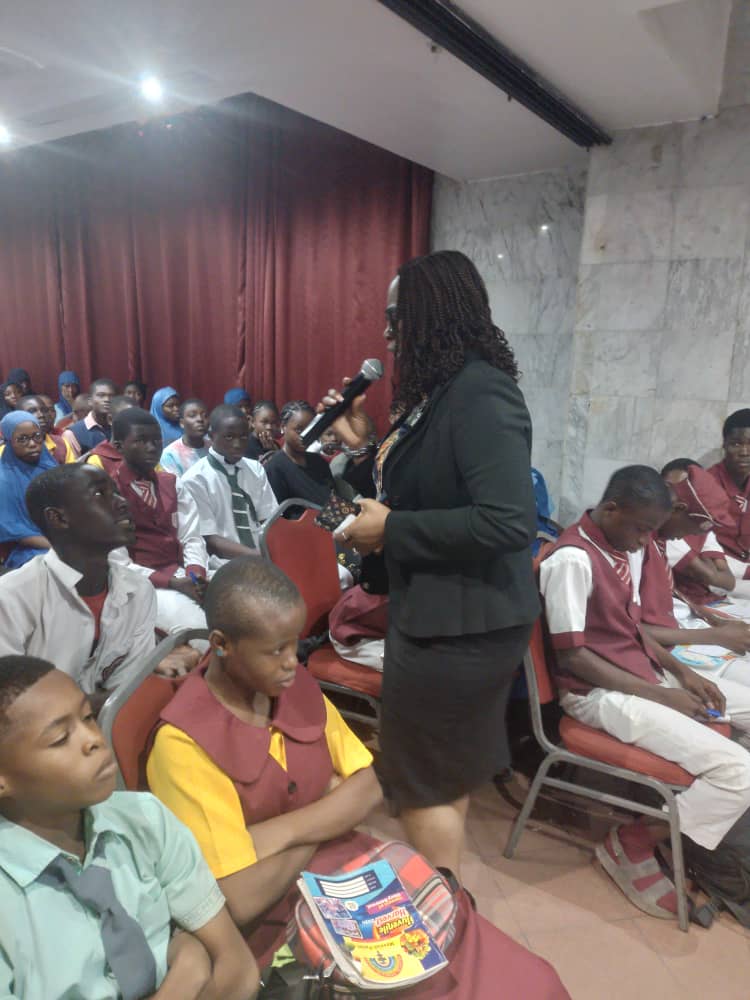
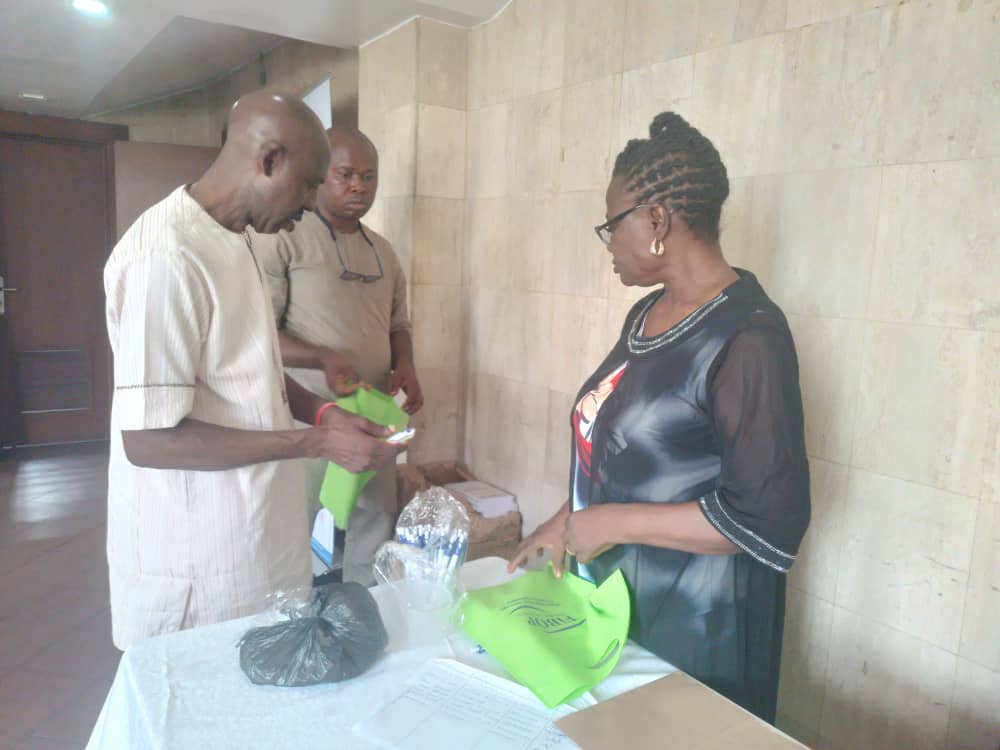
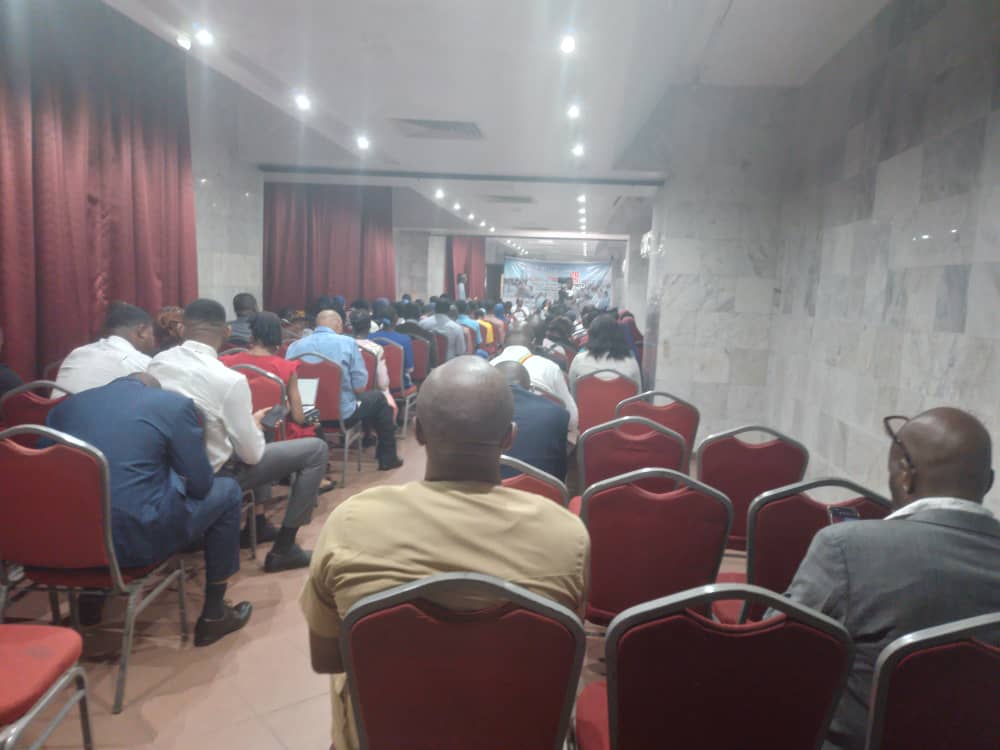
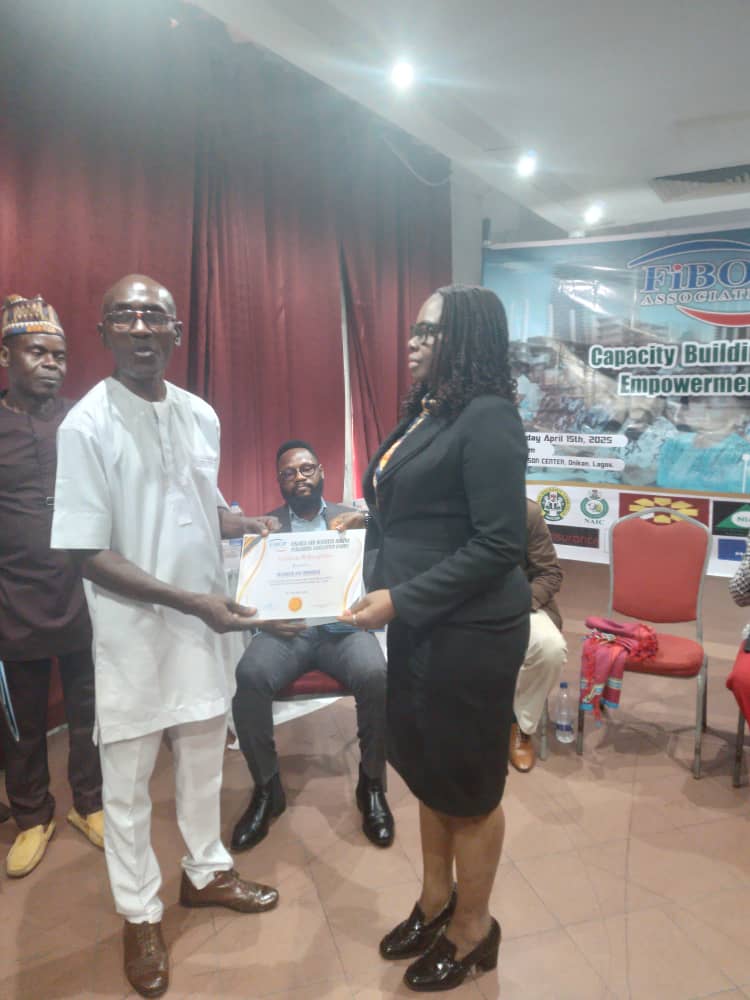
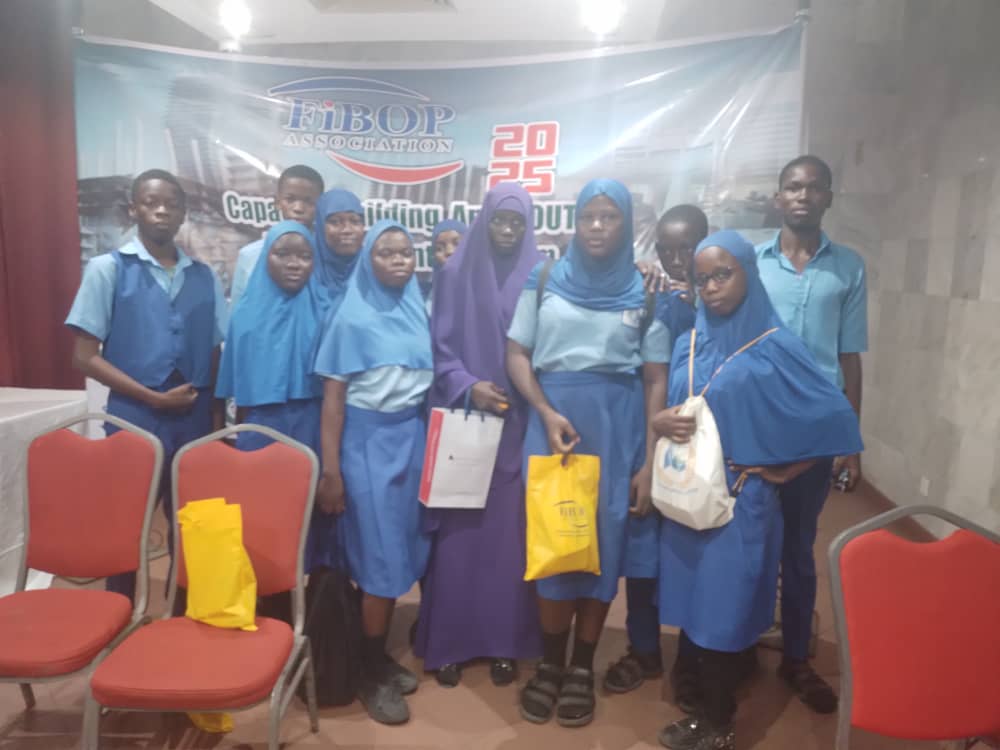
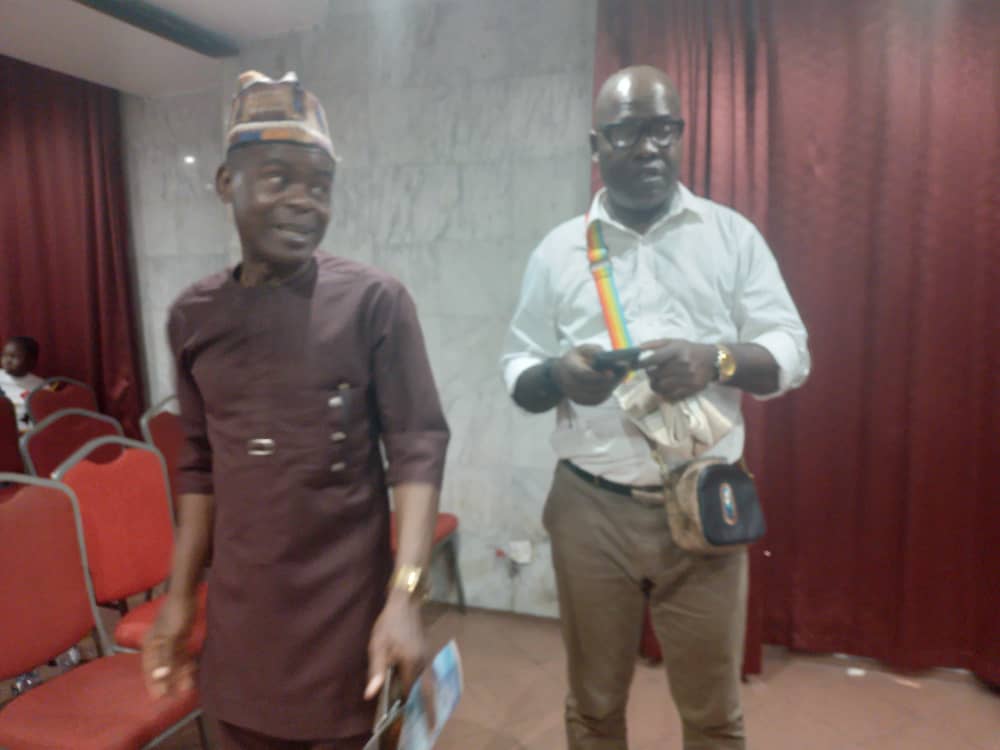

 In today’s rapidly evolving economic landscape, the pivotal role of youth in shaping the future of financial systems cannot be overstated. At the 2025 Finance and Business Online Publishers Association (FiBOP) Youth Capacity and Empowerment Programme held Tuesday April 15, 2025 in Lagos, industry experts from the Insurance, Telecommunication, and Banking sectors convened to address the pressing need for early engagement of young individuals in essential financial practices. They emphasized that adopting insurance, digital payments, and investment strategies at a young age is not just beneficial but vital for equipping the next generation with the tools necessary for effective leadership and responsible financial stewardship.
In today’s rapidly evolving economic landscape, the pivotal role of youth in shaping the future of financial systems cannot be overstated. At the 2025 Finance and Business Online Publishers Association (FiBOP) Youth Capacity and Empowerment Programme held Tuesday April 15, 2025 in Lagos, industry experts from the Insurance, Telecommunication, and Banking sectors convened to address the pressing need for early engagement of young individuals in essential financial practices. They emphasized that adopting insurance, digital payments, and investment strategies at a young age is not just beneficial but vital for equipping the next generation with the tools necessary for effective leadership and responsible financial stewardship.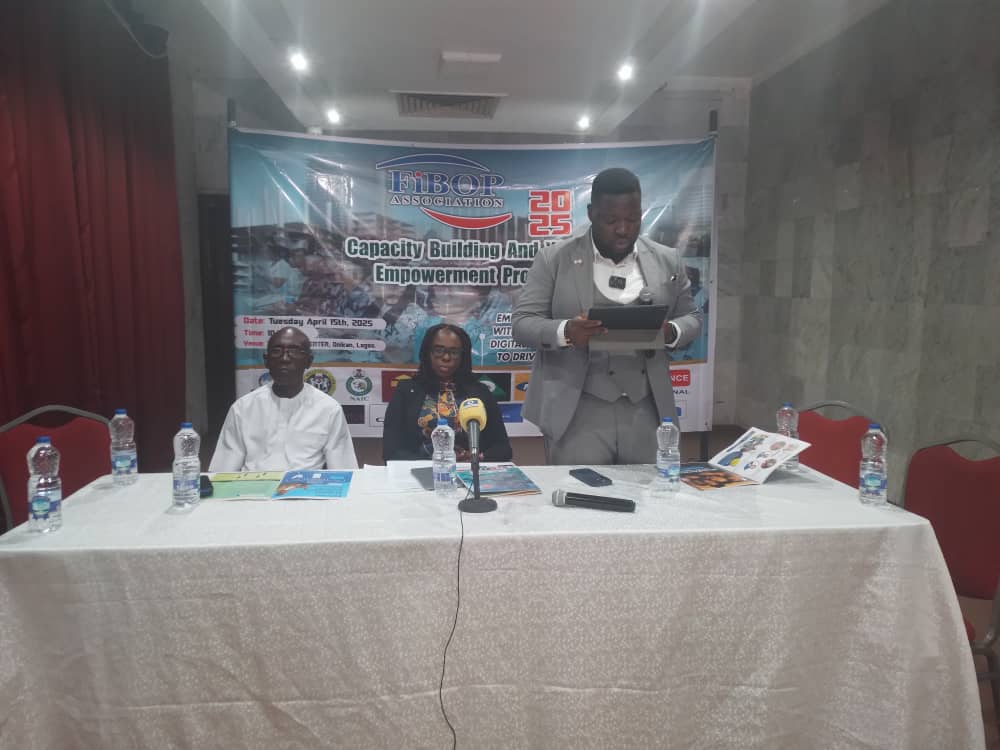
While making opening remarks at the event which took place at Muson Centre, Onikan, Lagos with the theme “Empowering Nigerian Youths with Knowledge of Insurance, Digital Payment and Investment To Drive Financial Inclusion,” FiBOB President, Charles Onwuatogwu, highlighted the rationale behind the programme.
He said the programme was geared towards building the capacity of the youths to enable them navigate the future financial landscape and be able to contribute meaningfully to the growth and development of the Nigerian and African economy, as well as take charge of their finances both now and in future.
The theme of this program, he said, was painstakingly chosen to address the knowledge gap in insurance and digital payment in Nigeria.
“As the financial sector becomes more dynamic, a better understanding of the sector will aid speedy growth and development, particularly insurance, which, despite its importance, is grossly misunderstood; hence the need to expose the youths to the basic elements of playing in this field early in life.
“The importance of digital innovation in fostering a better understanding of insurance and its transformative power cannot be overemphasised.
“As we gather to discuss financial inclusion, via harnessing insurance, digital payment and investment, I urge you, our esteemed participants, to pay rapt attention to the lectures to follow the speakers,” Mr. Onwuatogwu said.
The keynote speaker, Miss Mojisola Ogundipe, presented the theme paper titled “Empowering Nigerian Youths with Knowledge of Insurance, Digital Payment, and Investment to Drive Financial Inclusion.” She emphasized the crucial need for young people to understand insurance, digital payment systems, and investment strategies
Speaking on insurance, Mojisola defined insurance as a system of protection against financial loss, which provides help during accidents, illness, or disasters.
She explained the basic terms in insurance, such as Policy, Coverage, Claim, Beneficiary and Premium.
Policy: A contract between the insured (you) and the insurance company, outlining the terms and conditions of coverage.
Claim: A request made to the insurance company for payment or compensation when a covered event occurs (e.g., accident, illness).
Beneficiary: The person or entity designated to receive the insurance payout in the event of a claim (often applicable to life insurance).
The Premium: The amount of money paid to an insurance company to maintain protection provided by the insurance policy, specifying what is included and excluded from the policy.
Mijisola listed types of insurance to include Life Insurance, Health Insurance, Vehicle Insurance, Educational Insurance as well as Home Insurance, noting that each type of insurance serves a specific purpose, helping individuals and families manage risk and financial uncertainty.
Life Insurance: Provides financial protection for loved ones in the event of the policyholder’s death, often including a payout to beneficiaries.
Health Insurance: Covers medical expenses incurred due to illness, injury, or disease, helping policyholders manage healthcare costs.
Mr Kayode Adetola, Head, Retail, Cornerstone Insurance, Presenting a Certificate of Recognition as FIBOP Number One Fintech Personality Of the Year 2025 to Chidinma Emena, representative of Monipoint CEO, Mr Tosin Eniolorunda at the programme.
Vehicle Insurance: Protects vehicle owners against financial losses due to accidents, theft, or damage to their vehicle.
Education Insurance: Designed to help fund education expenses, often providing a payout when a child reaches a certain age or milestone.
Home Insurance: Covers damage or loss to a home and its contents due to events like natural disasters, theft, or accidents.
On Digital Payment, she described it as the future of money, noting that it is the process of paying or receiving money using phones, cards, or computers—no cash needed.
Presentation of Certificate of Recognition to the representative of Anchor Insurance MD/CEO, Dr. Augustine Ebose Osegha, as Finance and Business Online Publisher Association (FiBOP) Insurance Personality of the Year 2025 by the Rector of the College of Insurance and Financial Management (CIFM), Dr (Mrs) Chizoba Ehiogu at Fibop’s 2025 youth capacity building and empowerment program held on Tuesday, April 15, 2025 at MUSON Centre, Onikan, Lagos.
Mojisola listed some common digital payment methods as Mobile wallets (e.g., Google Pay, Apple Pay, PayPal), Bank apps, Debit/Credit Cards and Quick Response (QR) Codes & Unified Payments Interface (UPI) in some countries.
Speaking on Investment, she said it is putting money into something to earn more over time.
According to her, types of investments include Savings Accounts, Fixed Deposits, Insurance, Mutual Funds, Stocks, and Cryptocurrency, which she said is highly risky.
Underscoring the importance of insurance, digital payments, and investment, Mojisola noted that “Insurance protects your life and assets. Digital payments are the new normal…Investments are for your future….”

